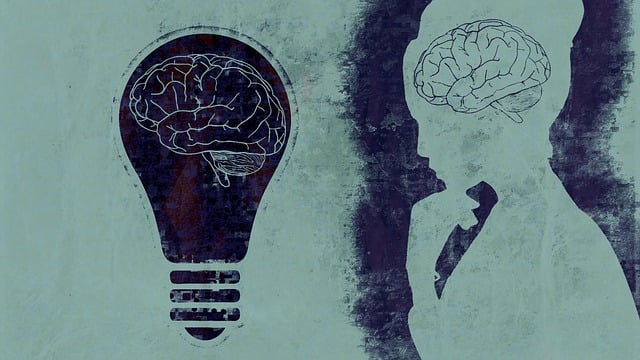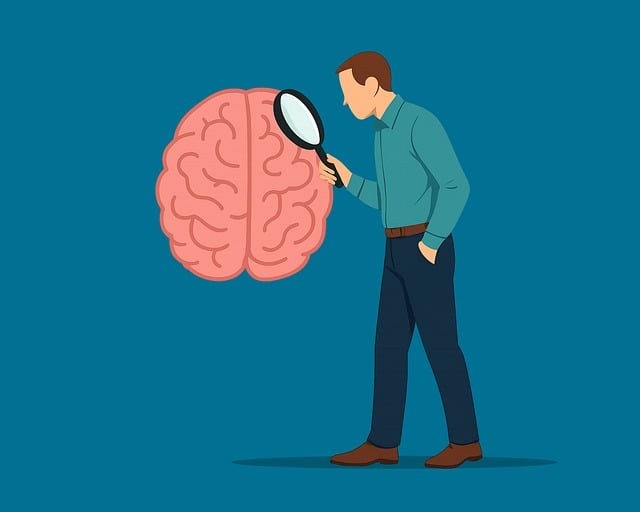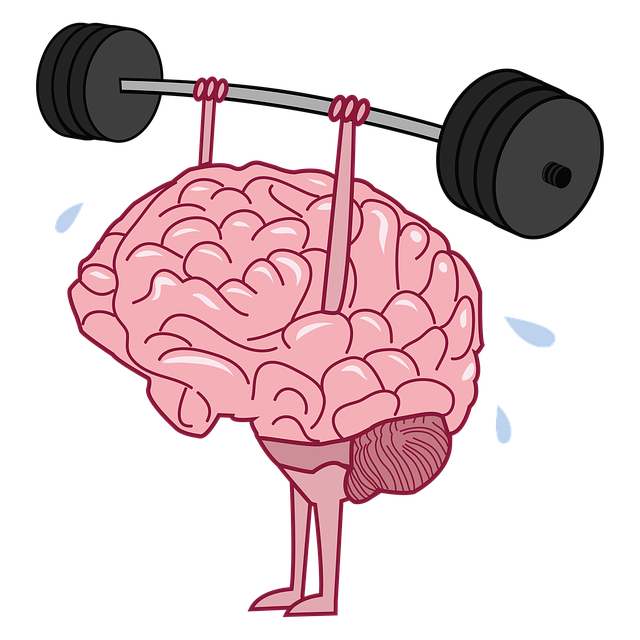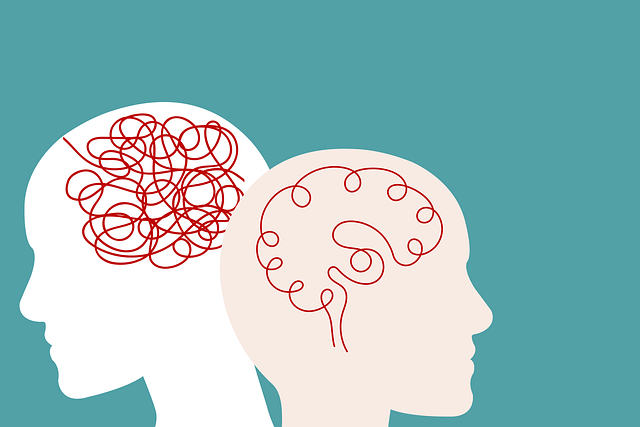Englewood Adjustment Disorder (EAD) is a stress- or trauma-triggered mental health condition characterized by depression, anxiety, and irritability. Effective therapy combines tailored emotional support, coping mechanisms, self-care, and stress reduction strategies, with cognitive-behavioral therapy (CBT) and dialectical behavior therapy (DBT) being particularly beneficial. Post-crisis support through journaling exercises and stigma reduction efforts enhances mental wellness, fostering resilience and positive thinking for EAD individuals.
“In times of crisis, effective intervention can be a lifeline. This article guides you through the complex landscape of the Englewood Adjustment Disorder (EAD), a condition requiring tailored strategies for successful management. We explore the role of therapy in alleviating EAD symptoms and triggers, offering practical insights for professionals and caregivers. From understanding key indicators to implementing post-crisis support, this comprehensive guide delves into evidence-based practices for crisis intervention, emphasizing the transformative power of Englewood Adjustment Disorder therapy.”
- Understanding Englewood Adjustment Disorder: Symptoms and Triggers
- The Role of Therapy in Crisis Intervention for EAD
- Practical Strategies for Effective Crisis Management
- Post-Crisis Support and Recovery Techniques
Understanding Englewood Adjustment Disorder: Symptoms and Triggers

Englewood Adjustment Disorder (EAD) is a mental health condition that arises when an individual struggles to cope with significant life stressors or traumatic events. Recognized as a complex reaction to adversity, EAD can manifest in various ways, with symptoms including severe depression, anxiety, and intense irritability. The disorder often goes unnoticed due to its insidious nature; individuals may present seemingly fine on the surface while internally experiencing profound distress.
Triggers for EAD are multifaceted and can stem from a range of personal or environmental factors. These triggers might include major life changes, such as loss or job transitions, chronic stress in the workplace (especially for healthcare providers), or exposure to traumatic events. Effective therapy for EAD often involves a combination of approaches tailored to address underlying emotional issues and develop coping mechanisms. Self-care practices, stress reduction methods, and burnout prevention strategies for healthcare providers can play a significant role in managing and overcoming EAD, fostering resilience and enhancing overall well-being.
The Role of Therapy in Crisis Intervention for EAD

Englewood Adjustment Disorder (EAD) is a mental health condition that can significantly impact an individual’s ability to cope with stressful situations. Therapy plays a pivotal role in crisis intervention for EAD, offering a structured environment to address underlying issues and develop effective coping strategies. Through tailored therapy sessions, individuals learn to identify triggers, manage emotions, and implement stress reduction methods.
Englewood Adjustment Disorder Therapy focuses on empowering clients with conflict resolution techniques and healthy coping mechanisms. By exploring different therapeutic approaches, such as cognitive-behavioral therapy (CBT) or dialectical behavior therapy (DBT), patients can gain insights into their thought patterns, challenge negative beliefs, and develop a more adaptive response to crises. Integrating stress management techniques into the therapeutic process enables individuals to navigate challenging situations with increased resilience, ultimately leading to improved overall well-being.
Practical Strategies for Effective Crisis Management

In the face of a crisis, whether it’s an acute traumatic event or an escalating mental health struggle, effective management strategies can make all the difference. One evidence-based approach, rooted in practice and proven beneficial for individuals grappling with conditions like Englewood Adjustment Disorder, is Englewood Adjustment Disorder Therapy. This therapeutic modality focuses on helping clients develop coping mechanisms tailored to their unique challenges, fostering resilience and promoting positive thinking. By combining traditional talk therapy with techniques aimed at stigma reduction, this strategy empowers individuals to navigate crises with enhanced mental wellness.
Beyond therapy, incorporating simple yet powerful practices into daily routines can significantly contribute to crisis management. Mental Wellness Journaling Exercises offer a safe space for individuals to process emotions, track triggers, and celebrate achievements. This introspective practice not only enhances self-awareness but also encourages positive thinking, which is a cornerstone of mental illness recovery and overall well-being. Additionally, Mental Illness Stigma Reduction Efforts play a crucial role in creating supportive environments, encouraging open conversations about struggles, and fostering empathy, ultimately leading to more effective crisis intervention strategies.
Post-Crisis Support and Recovery Techniques

Post-crisis support is an integral part of the healing process for individuals who have experienced traumatic events or severe stress. It involves providing a safe and non-judgmental space for people to process their emotions, gain perspective, and develop coping mechanisms. One effective approach is engaging in therapy tailored to address specific conditions like Englewood Adjustment Disorder, which can help individuals regain a sense of control and functionality. Therapists equipped with evidence-based methods facilitate the exploration of feelings, memories, and thoughts related to the crisis, enabling clients to work through their trauma and rebuild resilience.
In addition to professional therapy, engaging in mental wellness journaling exercises has proven beneficial for recovery. Journaling allows individuals to reflect on their experiences, track progress, and identify patterns or triggers associated with their crisis. By jotting down thoughts and emotions, people can better understand themselves, gain clarity, and develop strategies for managing stress and preventing burnout. Incorporating mind over matter principles into one’s routine can also be empowering, encouraging individuals to focus on positive affirmations, reframing negative thoughts, and cultivating gratitude—all of which contribute to long-term mental wellness.
Englewood Adjustment Disorder (EAD) is a complex mental health challenge, but with the right crisis intervention strategies, individuals can manage and overcome its symptoms. By combining therapy with practical tools, as discussed in this article, we can effectively support those suffering from EAD. Engaging in open dialogue, utilizing cognitive-behavioral techniques, and offering post-crisis care are essential components of a comprehensive approach to healing. Through tailored therapy and supportive systems, recovery is attainable, empowering individuals to navigate life’s crises with resilience and hope.














